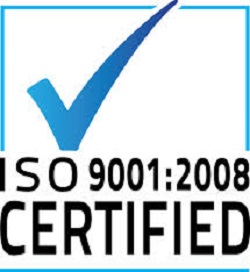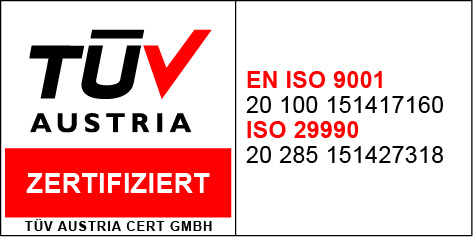


The price that investors pay for mutual fund shares is the fund's per share net asset value (NAV) plus any shareholder fees that the fund imposes at the time of purchase (such as sales loads). |
|
|
|
Mutual fund shares are "redeemable," meaning investors can sell their shares back to the fund (or to a broker acting for the fund). |
|
|
Mutual funds generally create and sell new shares to accommodate new investors. In other words, they sell their shares on a continuous basis, although some funds stop selling when, for example, they become too large. |
|
|
The investment portfolios of mutual funds typically are managed by separate entities known as "investment advisers" that are registered with the SEC. |
|
A Word About Hedge Funds and "Funds of Hedge Funds" "Hedge fund" is a general, non-legal term used to describe private, unregistered investment pools that traditionally have been limited to sophisticated, wealthy investors. Hedge funds are not mutual funds and, as such, are not subject to the numerous regulations that apply to mutual funds for the protection of investors — including regulations requiring a certain degree of liquidity, regulations requiring that mutual fund shares be redeemable at any time, regulations protecting against conflicts of interest, regulations to assure fairness in the pricing of fund shares, disclosure regulations, regulations limiting the use of leverage, and more. "Funds of hedge funds," a relatively new type of investment product, are investment companies that invest in hedge funds. Some, but not all, register with the SEC and file semi-annual reports. They often have lower minimum investment thresholds than traditional, unregistered hedge funds and can sell their shares to a larger number of investors. Like hedge funds, funds of hedge funds are not mutual funds. Unlike open-end mutual funds, funds of hedge funds offer very limited rights of redemption. And, unlike ETFs, their shares are not typically listed on an exchange. You'll find more information about hedge funds on our website. To learn more about funds of hedge funds, please read NASD's Investor Alert entitled Funds of Hedge Funds: Higher Costs and Risks for Higher Potential Returns. |
Advantages and Disadvantages
Every investment has advantages and disadvantages. But it's important to remember that features that matter to one investor may not be important to you. Whether any particular feature is an advantage for you will depend on your unique circumstances. For some investors, mutual funds provide an attractive investment choice because they generally offer the following features:
-
Professional
Management— Professional money
managers research, select, and monitor the performance of the securities the fund purchases.
-
Diversification—
Diversification is an investing strategy that can be neatly summed up as "Don't put all your eggs in one
basket." Spreading your investments across a wide range of companies and industry sectors can help lower
your risk if a company or sector fails. Some investors find it easier to achieve diversification through
ownership of mutual funds rather than through ownership of individual stocks or bonds.
-
Affordability— Some
mutual funds accommodate investors who don't have a lot of money to invest by setting relatively low
dollar amounts for initial purchases, subsequent monthly purchases, or both.
- Liquidity — Mutual fund investors can readily redeem their shares at the current NAV — plus any fees and charges assessed on redemption — at any time.
| << Previous 1... 42 43 [44] 45 46 ...91 Next >> |








